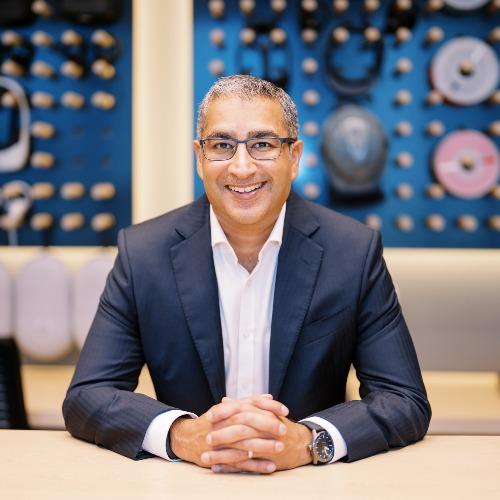It is already clear that 2023 could be another year full of opportunities for M&A in the Middle East, with transformation and transactions at the forefront of CEOs’ value creation strategies. Much depends on whether the GCC can escape the worst impact of the global slowdown, enabling SWFs and other Middle East investors to use their competitive advantage to invest in the US and Europe and help drive the region’s transformation. They have more than enough dry powder to deploy, with the International Monetary Fund (IMF) estimating that oil-producing Middle Eastern countries could earn an additional $1.3tn in oil revenues over the next four years.
Based on our research and engagement with clients, we believe this regional confidence is justified. For a start, the Middle East currently benefits from deep resources for M&A investments. The region’s SWFs have an abundance of dry powder, due principally to high oil prices, which gives them a competitive edge over international counterparts which are suffering from the global market downturn and investor redemptions.
At the same time, the Middle East’s transformation story, powered by new technologies, is increasingly compelling for regional and global dealmakers. This is shown by the strong focus on technology and digital infrastructure across the Middle East’s M&A landscape in all sectors.
The Middle East’s drive to wean itself off oil and gas revenues and build more diversified “knowledge economies” is at the heart of this transformation story. So, too, is the other side of this story – the region’s critical role in global efforts to mitigate climate change, which in turn is generating unprecedented energy transition dealmaking opportunities. Last year’s COP 27 summit in Egypt and the forthcoming COP 28 summit in Dubai in December 2023 form the backdrop to a fertile “green” M&A landscape where the ambitious net zero pledges made by GCC governments will ensure rich opportunities for dealmakers over the coming years in areas such as solar power, recycling, and energy storage. Some of these trends are already starting to emerge.
Nonetheless, current market conditions in early 2023 suggest that the Middle East is a rare global sweet spot for M&A, provided companies have well-thought-out strategies and the financial resources to make transformational deals. They need to be bold, but in uncertain times, thorough research before committing to a deal has never been more important.















